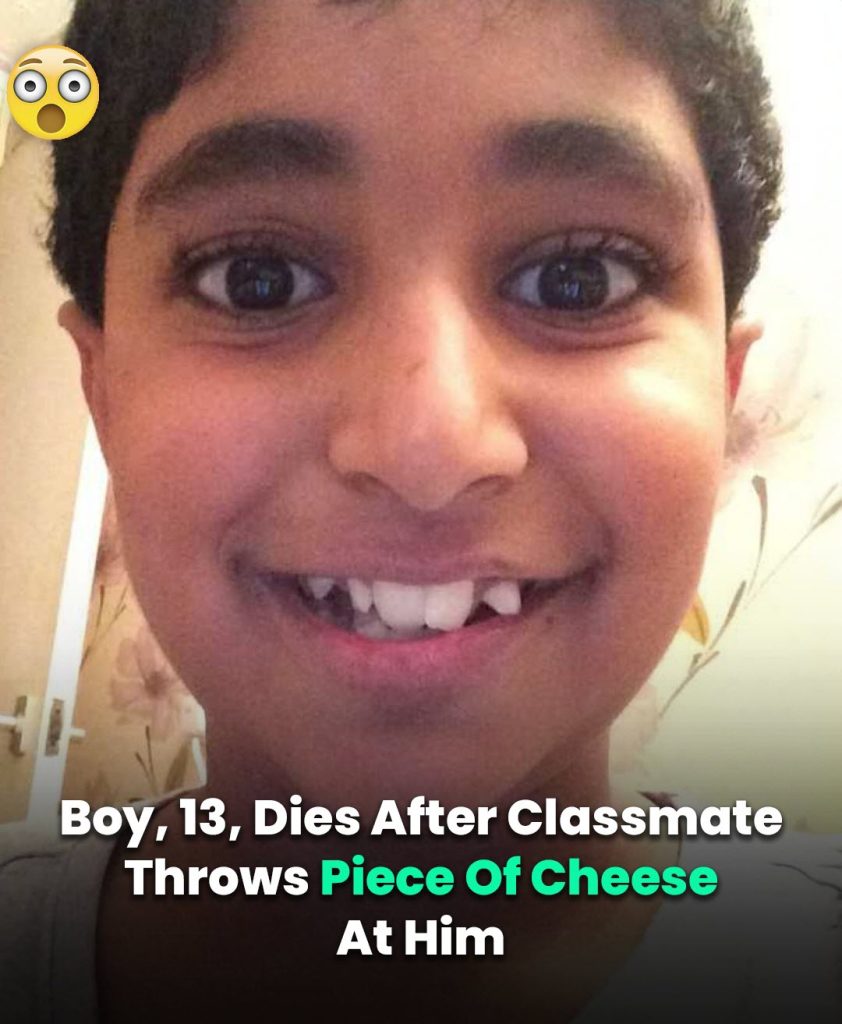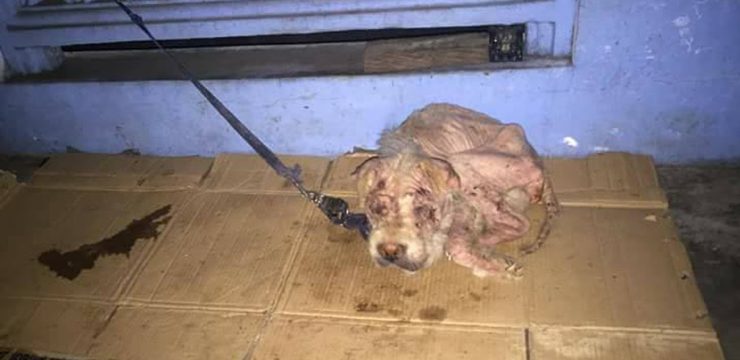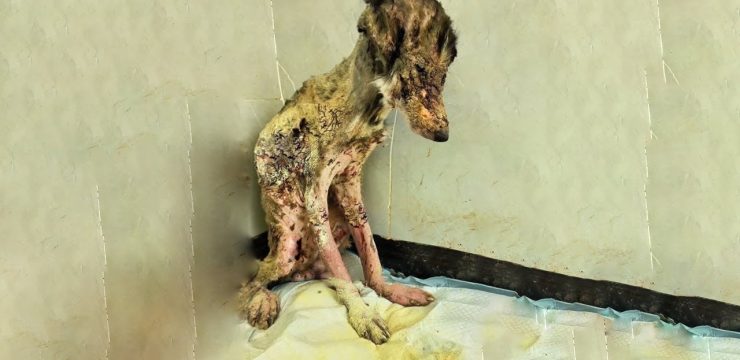It’s been eight years since 13-year-old Karanbir Cheema tragically lost his life after a piece of cheese was thrown at him. But for his mother, Rina Cheema, the pain remains as raw as ever. And so does her unwavering determination to spread an urgent message: allergies are serious, and they can be deadly.
The events of June 28, 2017, started like any other school day in London. But that ordinary afternoon turned into a heartbreaking nightmare. A fellow student casually tossed a small piece of cheese that struck Karanbir’s neck — a gesture that seemed harmless, even playful. No one could have imagined the gravity of what was to come. Within moments, Karan, as he was affectionately known, began experiencing a severe allergic reaction. What followed was a rapid and terrifying descent into a life-threatening crisis.

Teachers and school staff acted quickly, and Karanbir was rushed to Great Ormond Street Hospital. But the allergy attack had already triggered cardiac arrest. Despite the best efforts of paramedics and doctors, Karanbir suffered from post-cardiac arrest syndrome, a condition that would prove to be fatal. After nearly two agonizing weeks in the hospital, Rina was forced to make the most devastating decision any parent could ever face — turning off her son’s life support.
“We didn’t want to switch it off – it wasn’t fair on his little body to go through this,” Rina shared in an emotional interview with This Morning. She spoke of his final moments with heartbreak and grace, recounting how he smiled when the machine was turned off, as if offering his mother one last sign of peace. “They took him into another room, and we said our last goodbyes before he was taken down and he had a smile on his face,” she said.
While the pain of losing her son is immeasurable, Rina has channeled her grief into purpose. She has dedicated her life to raising awareness about the seriousness of allergies, especially among school-age children. Her mission is clear: to ensure that no other child — and no other family — has to endure what she went through.
Rina wants students everywhere to understand that allergies are not a joke or a minor inconvenience. They are potentially life-threatening conditions that require immediate and informed action. She believes education is the key — and she’s not afraid to show the brutal reality, including the heart-wrenching photo of Karanbir in intensive care, hooked up to machines, fighting for his life.
Karanbir had severe allergies to multiple foods, including dairy. He carried an EpiPen, the life-saving auto-injector that delivers adrenaline in emergencies. But on that fateful day, the only pen available was nearly a year past its expiration date. Experts later confirmed that an expired EpiPen likely loses its effectiveness over time and may deliver a reduced dose of medication — a chilling detail that raised haunting questions. Would Karanbir have survived if the pen had been current?
The 2019 inquest revealed more troubling facts. Witnesses testified that Karanbir showed classic signs of anaphylaxis — including frantically scratching at his skin — for several minutes before adrenaline was administered. Dr. Adam Fox, a pediatric allergy specialist at Evelina London Children’s Hospital, told the court how crucial rapid response is in these situations. “At the first sign of anaphylaxis, it’s get the adrenaline out and make sure they get it as soon as possible,” he emphasized. “That’s the important learning point.”
He also explained just how rare and devastating this particular incident was. “Where this case is extraordinarily unusual is the nature of the event that led to the anaphylaxis,” Fox explained. “If it was skin contact alone that caused, in this case, fatal anaphylaxis, I believe that to be unprecedented.”
During the inquest, the student who flicked the cheese and the one who handed it to him testified anonymously behind a screen. Both were just 13 years old — the same age as Karan — and said they had no idea he had any allergies, let alone life-threatening ones. Coroner Mary Hassell described their actions as “childish and thoughtless,” emphasizing that they were not carried out with malicious intent. However, she did criticize the school, calling it a “missed opportunity” for not better educating students and staff about allergy awareness and emergency procedures.
Karanbir’s mother continues to speak out with bravery and compassion, describing her son as her “best friend” and “the star of the show.” Her goal is to honor his memory by advocating for stronger allergy education in schools, better access to up-to-date medication, and broader public awareness about how fast and deadly allergic reactions can be. “I think it would help a lot of children out there, whatever happened to my son, if the schools, the institutions, hospitals, paramedics, were to become aware how serious allergies are,” she said.
She vividly remembers Karan’s voice during the reaction, echoing through her memory like a haunting reminder of everything that was lost. “My son was mature. He knew how quickly he had to act. His words at school were, ‘Please help me or I’m going to die.’ That says it all,” she recalled.
Karan’s father, Amerjeet, also shared the unbearable weight the family now carries. “Karan’s death has left us with a hole that will never be filled,” he said. “The sorrow and sadness of losing Karan is so palpable and fresh it seems we will never be able to overcome it.”
Eight years on, the pain hasn’t lessened. But neither has the resolve. Through their grief, Rina and her family have created a legacy that may very well save other children’s lives. And for them, that’s the only comfort they have left — turning their personal tragedy into a public call for change, so that no other parent has to experience what they did.





